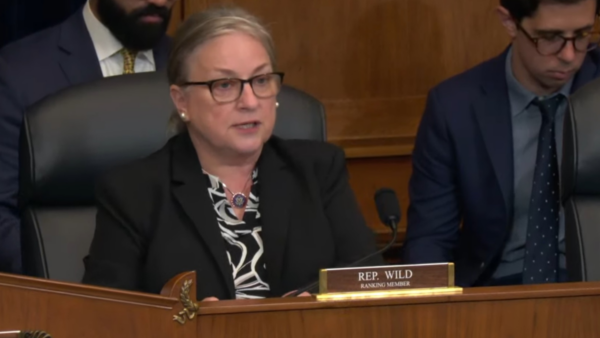The House on Wednesday approved a bill on the “Future Fuel” program, which will increase the ethanol blend in gasoline to 27 percent from the current 22 percent, thereby reducing the fuel’s greenhouse gas emissions.
The bill also calls for a gradual increase in the amount of biodiesel blended into diesel sold to consumers from the current 14 percent to as much as 20 percent from March 2030.
The bill was approved by a large majority, with 429 votes in favor and 19 against. Most of the opposition came from hardcore supporters of former far-right President Jair Bolsonaro. All three members of the libertarian Novo party also voted nay.
The bill also requires airlines to reduce greenhouse gas emissions starting in 2027, but does not set percentage targets for the use of Sustainable Aviation Fuel (SAF). Rather, it requires airlines to reduce their emissions by 10 percent by 2037.
If the bill also passes the Senate, it could be a major boost for Brazil’s ethanol industry. The country is already one of the world’s largest producers of ethanol, and the increased blending rate would create even more demand.
The ethanol and biofuels industry has been the target of intense lobbying and political pressure. In November, the National Oil Agency (ANP) approved a resolution allowing the use of imported biodiesel in the mandatory blend with fossil diesel; the following month, the government backtracked under pressure from Brazil’s vegetable oil industry association and suspended imports.
The energy transition debate is also pitting the agricultural lobby (which favors ethanol) against the fossil fuel lobby.
Congressman Tarcísio Motta, of the left-wing Socialism and Freedom Party, said in the House that the bill’s provisions on carbon capture would open a loophole for companies to continue polluting.


 Search
Search






































